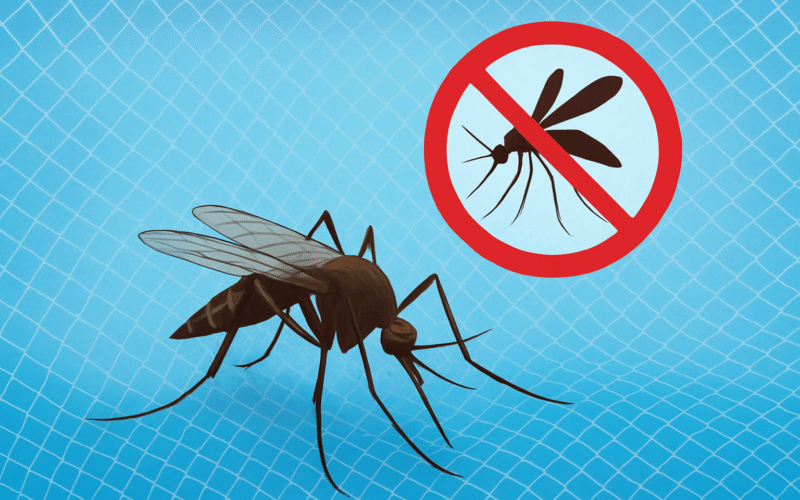World Mosquito Day is observed annually on August 20, marking the 1897 discovery by Sir Ronald Ross that female mosquitoes transmit malaria. This breakthrough transformed global public health, laying the foundation for malaria control and inspiring continued research into mosquito-borne diseases.
In 2025, the observance emphasizes unity, awareness, and innovation, urging communities and nations to work together against one of the deadliest threats to humankind.
The History Behind World Mosquito Day
In 1897, while working in India, Sir Ronald Ross proved that the female Anopheles mosquito spreads malaria parasites. His discovery earned him the Nobel Prize in Medicine in 1902, becoming a milestone in medical history.
Since then, August 20 has been commemorated as World Mosquito Day—not just to honor Ross but also to remind the world of the urgent fight against mosquito-borne illnesses.
Why This Day Matters
Mosquitoes, though tiny, remain the deadliest animals on earth. They spread diseases such as:
Malaria – killing over 600,000 people annually, mostly young children in Africa.
Dengue – a rapidly spreading disease with life-threatening complications.
Zika virus & Chikungunya – linked to severe health risks, birth defects, and outbreaks.
World Mosquito Day raises awareness about:
✔ Preventive measures like mosquito nets, repellents, and eliminating stagnant water.
✔ Supporting vaccines and advanced research.
✔ Strengthening community and global action.
World Mosquito Day 2025 Theme
The 2025 theme underscores the need for education, innovation, and global solidarity in fighting mosquito-borne diseases. It calls on individuals, health organizations, and governments to:
Share knowledge about mosquito prevention.
Invest in scientific research and sustainable control strategies.
Collaborate internationally to reduce the disease burden.
Fascinating Mosquito Facts
Only female mosquitoes bite humans for blood needed to produce eggs.
Male mosquitoes feed on nectar and plant juices.
Out of 3,500+ species, only a few spread major diseases.
Mosquitoes are drawn to heat, sweat, and carbon dioxide.
They cause more deaths than any other living creature worldwide.
Conclusion
World Mosquito Day 2025 is both a tribute to Sir Ronald Ross’s discovery and a reminder of ongoing challenges. As climate change and urbanization expand mosquito habitats, the fight is far from over.
By combining awareness, innovation, and global unity, humanity can take significant steps toward ending the deadly legacy of mosquito-borne diseases.

